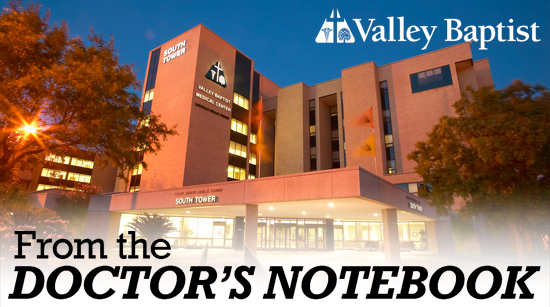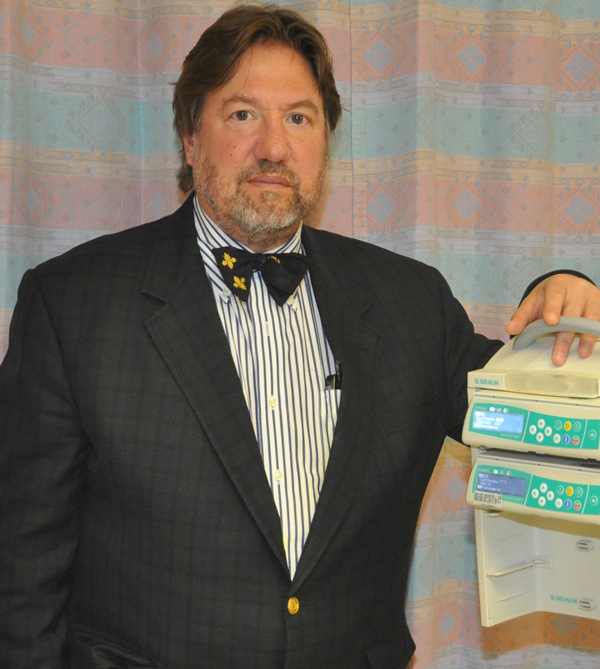- Scholarship Awards
- La Feria ISD is Set to Get Its Own Police Department
- All-Star Regionals
- LFECHS Non-Varsity Band Represents at State
- School Program Continues to Provide Fun Summer Activities
- Conservation Group Wildlife in Focus Expands Unique Photography Contest to Reach More Landowners, Photographers Statewide
- Local Birding Center Offers a Variety of Events
- Valley Native is Heading to the Olympics
- Hurricane Preparedness For Families
- Golf Tournament to be Held toHelp Cancer Patients
New Surgeons Favor Minimally-Invasive Heart Valve Surgery
- Updated: January 15, 2016

HARLINGEN – Dr. Mark Morales and Dr. Mark Bielefeld, new Cardiovascular Surgeons in Harlingen and Brownsville, are performing minimally-invasive surgeries to replace heart valves at Valley Baptist Medical Center in Harlingen and Brownsville.
The minimally-invasive approach to the surgery uses smaller incisions and doesn’t require cutting the patient’s breast bone (sternum), Dr. Morales said.
As people age, getting into their 70’s and 80’s, Dr. Morales said the heart valve leaflets can fuse, hardened calcium deposits can cover the valve, and the orifice through which the heart propels the blood can become extremely narrow – sometimes as small as 0.8 centimeters.
“This condition creates resistance, and the heart compensates for the stress by getting bigger, to push the blood through the smaller hole,” Dr. Morales said.

Dr. Mark Morales, Cardiovascular Surgeon
With less oxygen being delivered to the heart muscle, the patient may start to feel more tired, and may not be able to exercise as much as they could before. Patients may even feel shortness of breath and can suddenly lose consciousness, Dr. Morales added.
“The patient will often tell their family practice doctor that they just can’t do as much as they did before,” Dr. Morales said.
Other symptoms may include the person’s legs becoming swollen as the result of fluid accumulating in the legs.
In addition to problems with their aortic heart valve, some patients may also have blockages in their coronary arteries. In that case, Dr. Morales or Dr. Bielefeld can work with a local cardiologist in a team-approach “hybrid procedure” to treat the two problems. For example, instead of performing a traditional coronary artery bypass graft surgery, the cardiovascular surgeon may opt to do the minimally-invasive valve replacement — while the cardiologist places a stent to open blood flow in the arteries.
“Both the cardiologist and the cardiovascular surgeon work together to minimize the harm to the patient from the procedure,” Dr. Morales said.
For more information on heart disease treatment and prevention, please consult your physician and visit www.ValleyBaptist.net/medical-services/cardiovascular.


